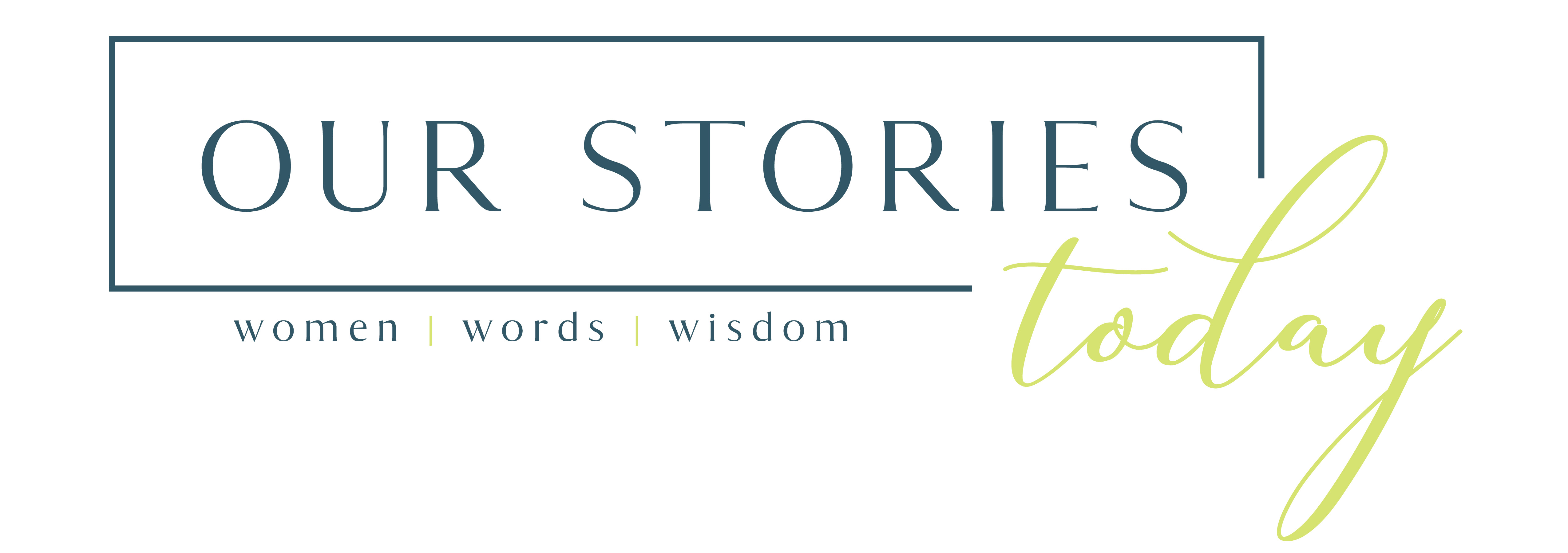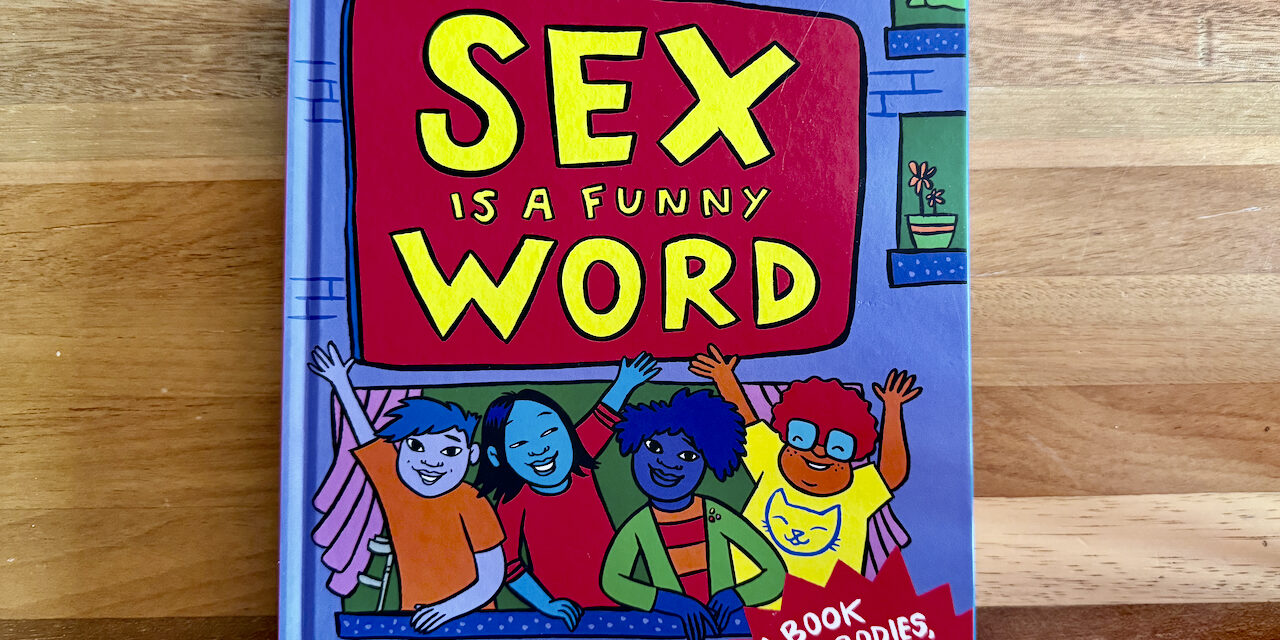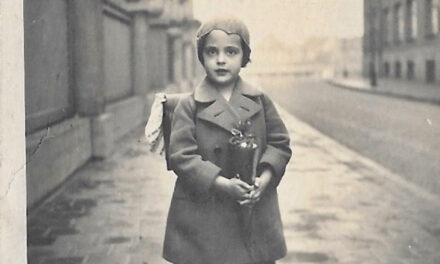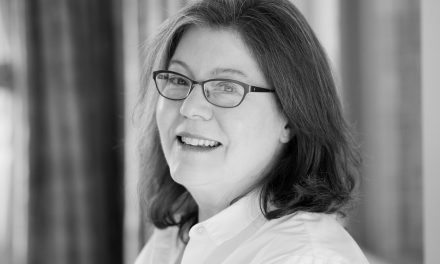The fear that surrounds certain texts and titles confuses me on a good day, infuriates me on a bad one.
It is no secret that I don’t believe in banning books. The slope is slippery when we allow others, aside from our librarians, to determine what books are available to a community. A book I enjoy or find valuable, you might feel is too controversial for public consumption. Should your discomfort trump my desire to read this book? I think not.
As the proprietor of a Little Free Library, I include many banned books. Many of these books are ones I’ve already read without knowing they had been challenged or banned. The topics that result in bans, according to my research, are primarily due to sexuality, diversity or religious opposition. Florida and Texas lead in number of book bans.
A perfect example of the challenges facing book bans arose a few weeks ago when the topic of book banning came up. “Sex is a Funny Word,” was the title of debate. This book is meant for 8-10 year olds to be read with an adult over a few weeks. Someone I deeply respect and who has a liberal mindset wondered if the book should be available in school libraries. We debated the idea of bans with this book at the forefront.
Since she had the book, I took it home to read. My opinion was that it is an excellent, factual resource for open conversation with young children about their bodies. The book included topics on love, respect and boundaries. My friend felt it might be ‘too much information.’ Our debate was healthy and educational to both of us.
And it left me wondering, why do we have so much trouble talking about sex? Why are we afraid to have open conversations with our children on the topic?
The fear that surrounds certain texts and titles confuses me on a good day, infuriates me on a bad one. I suspect few know Maya Angelou’s “I Know Why the Caged Bird Sings,” or Shel Silverstein’s “The Giving Tree” are banned books. As a society, many live among us who do not believe anyone should have access to books that share the idea of animals speaking (Charlotte’s Web) or questioning God (Bridge to Terabithia), but our culture especially becomes fearful when books address sexuality.
I think “Sex is A Funny Word” is an excellent tool for parents to talk frankly about their bodies and sexuality with its lack of shame-based information.
As a young girl, I learned about menstruation and later about my own body through books. My mother certainly spoke to me about sex, but it was primarily on the subject of avoiding pregnancy. Those books helped me understand more about the body I inhabited. One, in particular, “Our Bodies Ourselves” was read cover to cover as a senior in high school. I read this book to understand my own body; not to become promiscuous.
So I wondered: What kind of world do we believe we are creating when topics like sex are considered taboo? How do we guide our children to understand their bodies without shame, regardless of sexual orientation? What is so frightening and why?
All children want information and if that information is not readily available to them through their parents, they will find it elsewhere. Knowledge vacuums are rarely beneficial. If books that share accurate information are unavailable, children will turn to peers, siblings, and the internet. Those sources will not only run a high risk of being inaccurate, but do not allow a question and answer session with a loving adult.
Anyone with access to a computer can find answers to their questions and be exposed to information that can warp healthy body image, sexuality and love. Pornography, which is easy to find on line can set false expectations on young men and women. I doubt this is the resource a parent would prefer. Hook up culture continues to abound in the younger generations and ignores emotion and caring of another individual. Don’t we protect our young best by opening the door to conversation?
Limiting information does one thing and one thing only; it shuts the door on conversation, learning and understanding. It creates a knowledge vacuum.
Books are magical. Books are powerful. Books mean freedom. Books can also be frightening, confusing, brilliant, mind-opening, life changing. Books can set the foundation and provide background for current events, history, and ourselves.
My little library hopes to tempt others to READ, to open the library doors and take home a book. I invite readers to subject themselves to something entertaining, controversial, to become curious. Maybe even to enter a world quite different than the one in which they may inhabit.
When I am at my gate at the airport, alone at a table in the restaurant waiting for a friend, sitting outside with coffee on a lovely day, I read. Before bed, I read. I feel insatiable at times for information, knowledge and understanding. When I am near someone with a physical book, I spy on the title and if I have read it (which is often the case) I strike up a conversation. Sometimes I read the news on my phone, other times a magazine, but most often I’m nose deep inside a physical book.
If you back away from a book or find yourself disturbed by a topic; ask yourself why before challenging the book. Find a copy and read it–do not accept hearsay as your reasoning for being disturbed. Be brave and open the door to learning something without judgment about yourself and your own belief system.
If we allow a few members in our society to determine this or that book should be banned for all, we have given up our freedom. I can certainly understand a parent not wanting their child to read a book, but that does not give them a right to determine what my children or grandchildren can read.
When we open the door to banning books in a society, there is also a chilling effect on the art of writing. Worrying our words will be taken out of context or judged by our government, we tend to play it ‘safe.’ Playing it safe is a buzzkill to creativity and especially to honesty. I have definitely become more careful and this is not something I am proud of.
Our world is vast and beautiful. Words can transport us to a deeper understanding or provide a tool to address difficult topics; especially with our children.
Books have the power to snuff out ignorance, find ourselves, travel, create curiosity, broaden our minds. The freedom to read is not something to take for granted. Reading freely should be protected at all costs.





